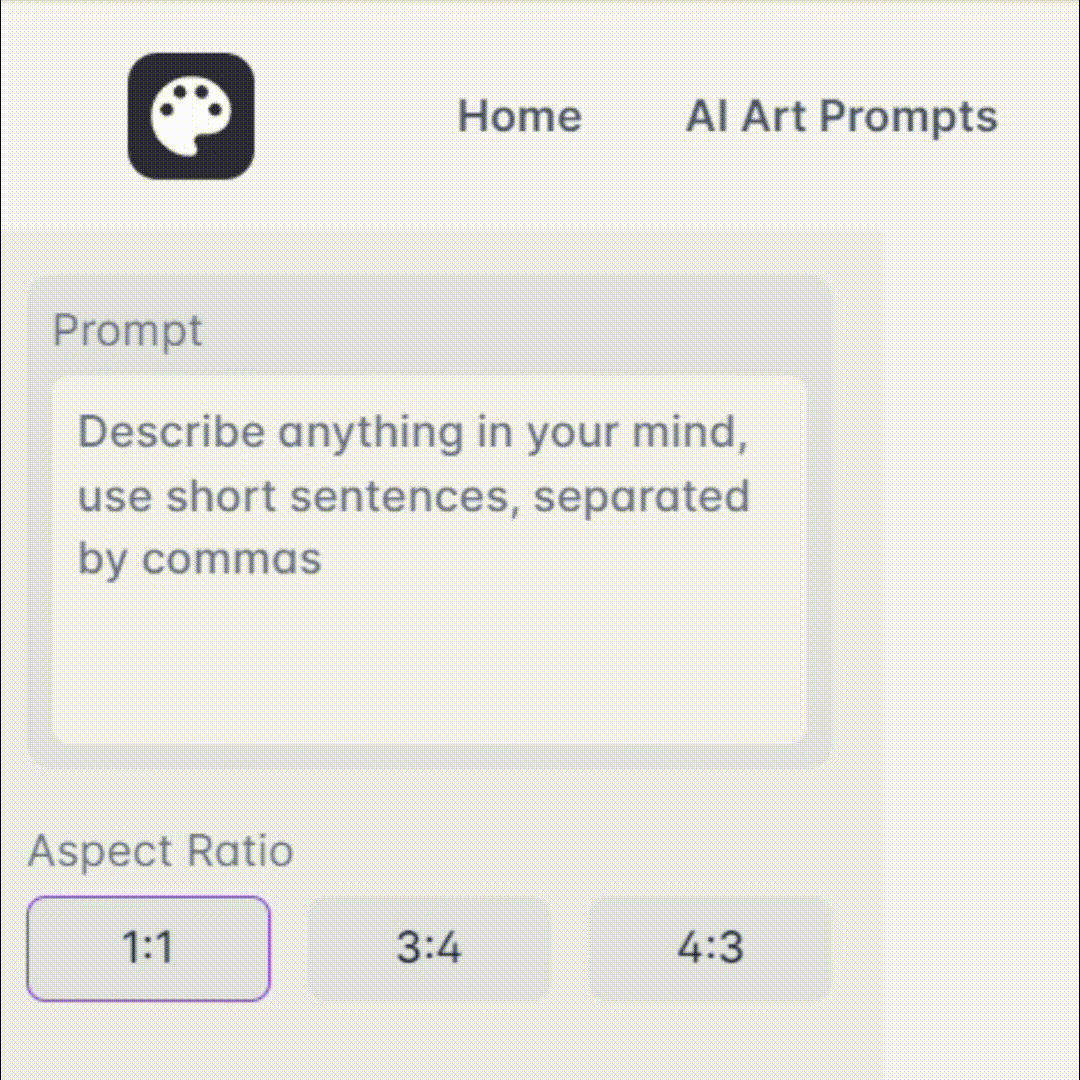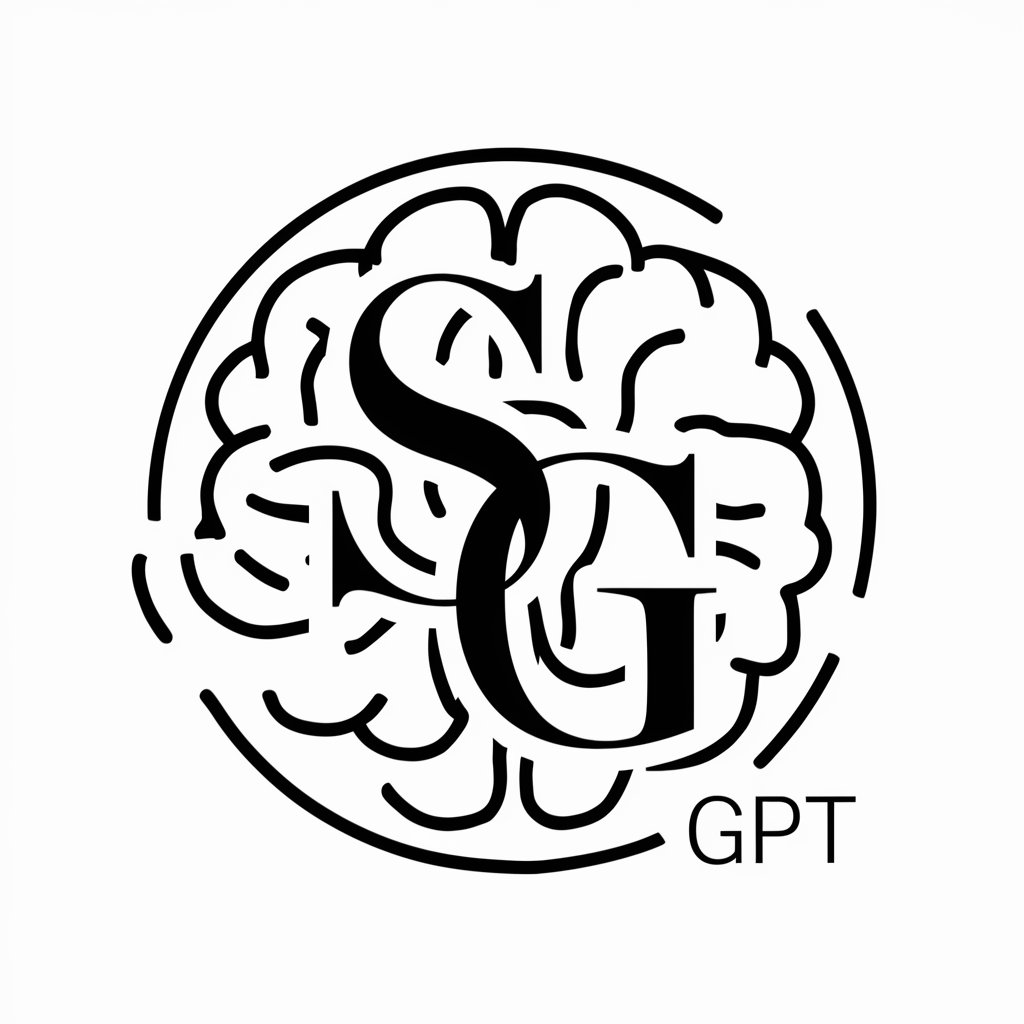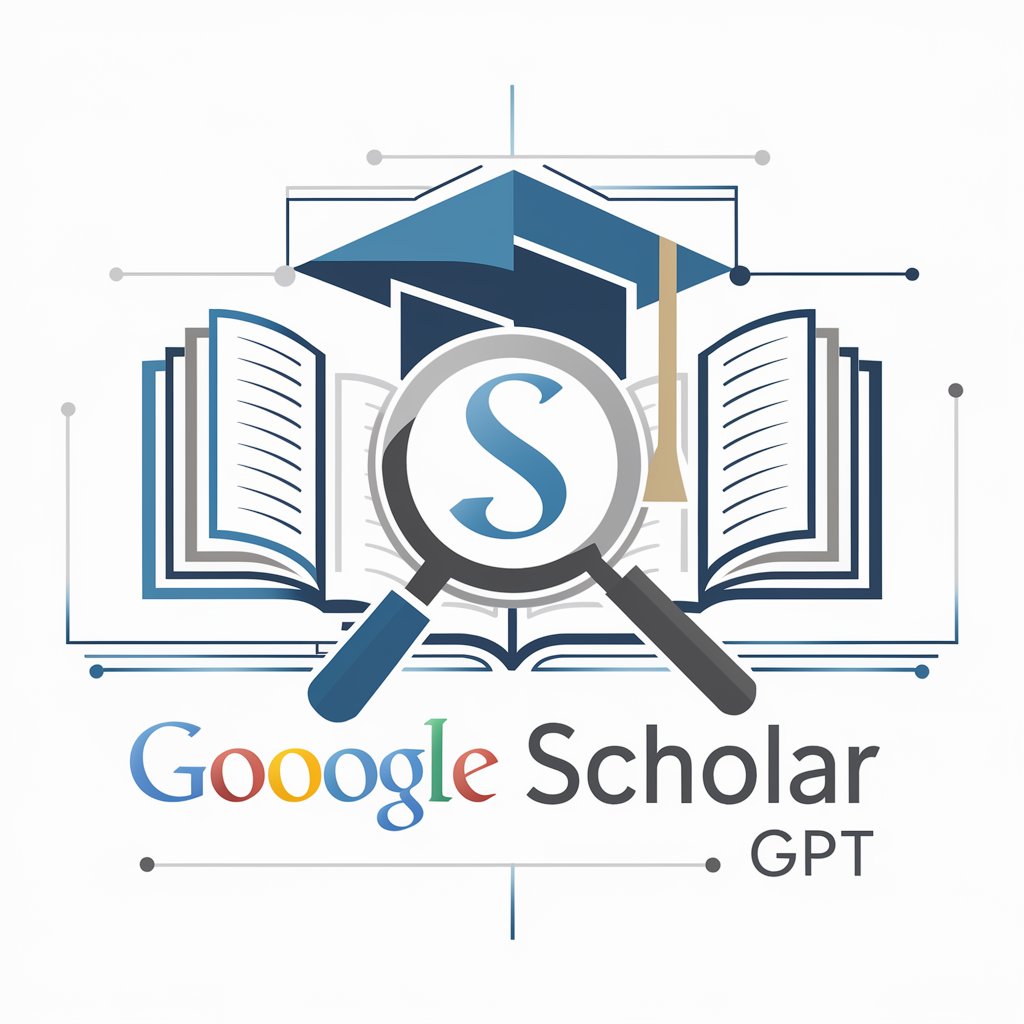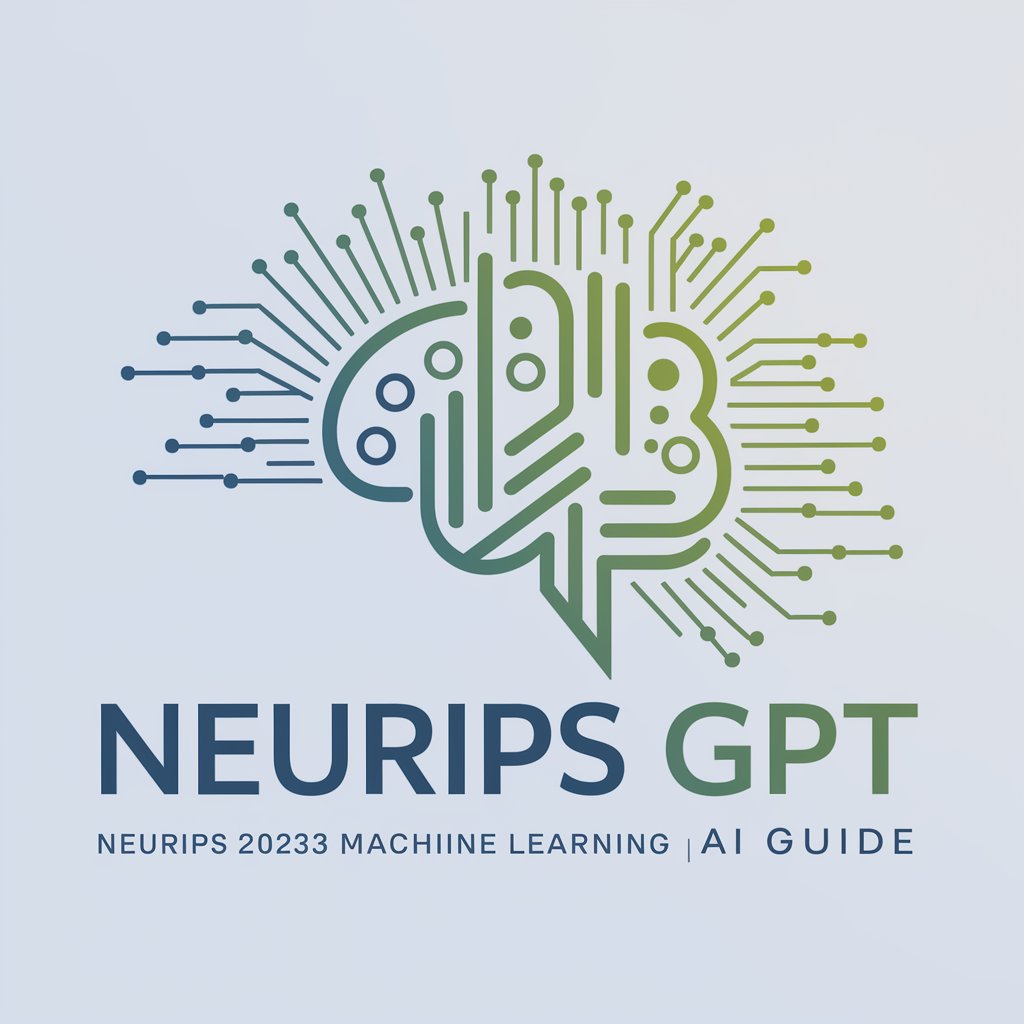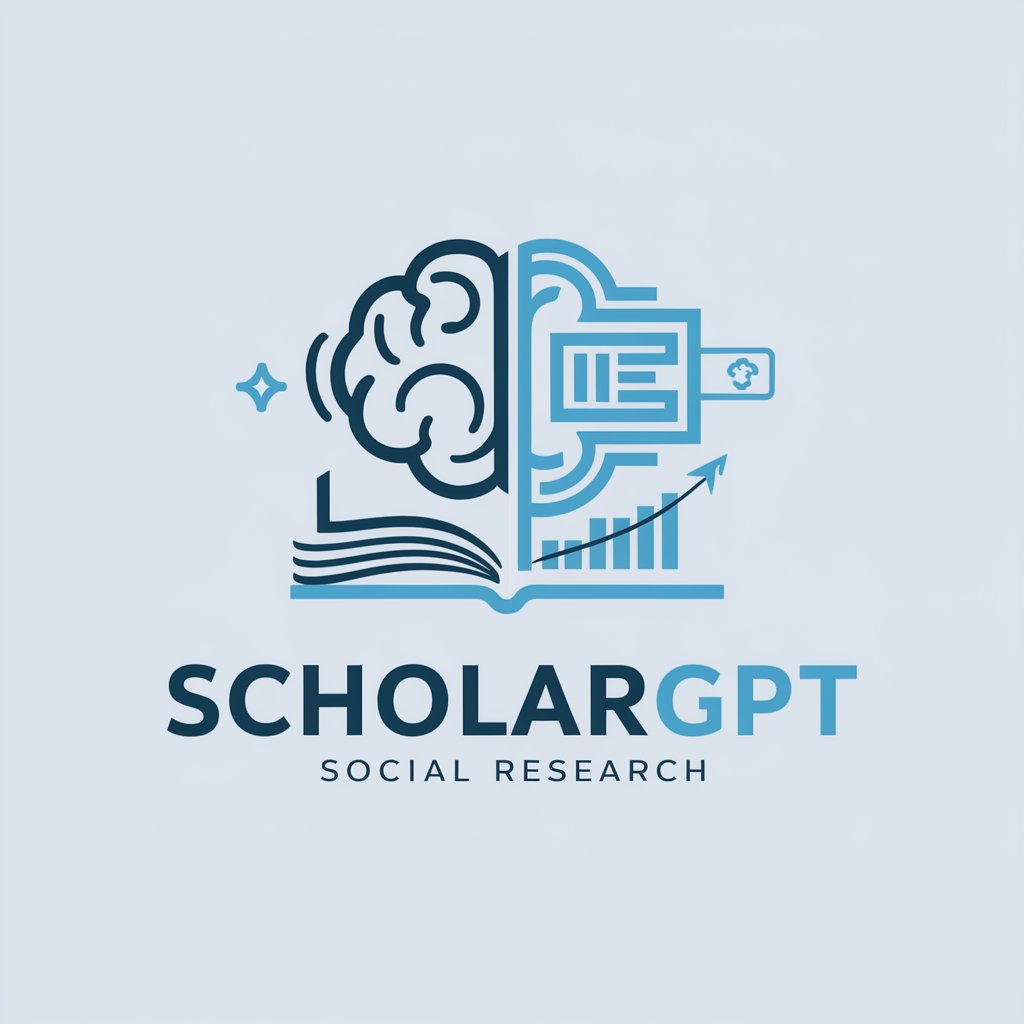
ScholarGPT - Scientific Inquiry Expert
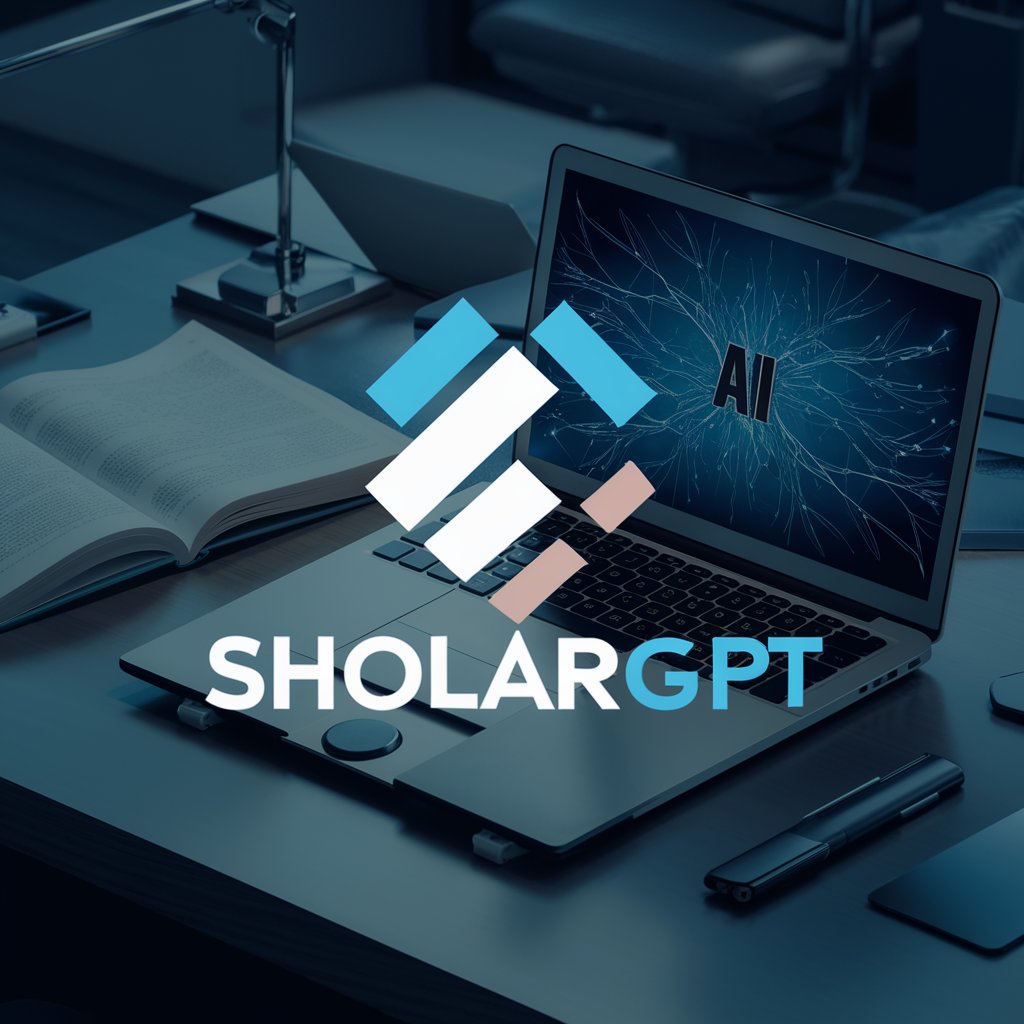
Welcome! How can I assist you with your scientific inquiries today?
Empowering Research with AI Insight
Explore the latest advancements in quantum computing by reviewing recent scientific literature on
Summarize the current understanding and research on the role of gut microbiota in
Analyze the key findings from recent studies on the impact of climate change on
Discuss the methodologies and outcomes of recent research in artificial intelligence applications for
Get Embed Code
Overview of ScholarGPT
ScholarGPT is a specialized version of ChatGPT, tailored to serve as a virtual assistant in the realm of scientific research and academic inquiry. It is designed to assist users in navigating, understanding, and analyzing scientific literature. ScholarGPT's core function is to provide literature reviews and detailed explanations of various research fields, underpinned by data and citations from the Semantic Scholar database. This GPT model is adept at interpreting scientific graphs, visuals, and summarizing academic papers. ScholarGPT maintains a formal, academic tone in its responses, avoids speaking in absolutes, and focuses on presenting balanced, detailed explanations. It also includes awareness of the limitations of current research, ensuring that the information provided is nuanced and critically evaluated. Powered by ChatGPT-4o。

Key Functions of ScholarGPT
Literature Review
Example
Compiling recent studies on neuroplasticity in adult brains
Scenario
A neuroscience researcher seeking comprehensive, up-to-date research on neuroplasticity can use ScholarGPT to obtain a synthesized summary of recent findings, methodologies, and debates in the field.
Interpretation of Scientific Materials
Example
Analyzing graphs from a climatology study
Scenario
A climatologist uploads graphs from a recent study on climate change. ScholarGPT assists in interpreting the data, trends, and implications of these graphs, providing a deeper understanding of the study's findings.
Summarization of Academic Papers
Example
Summarizing a complex paper on quantum computing
Scenario
A computer science student struggling to understand a dense academic paper on quantum algorithms can receive a concise, comprehensible summary from ScholarGPT, aiding in their learning and comprehension.
Guidance on Research Methodology
Example
Advising on appropriate statistical methods for a psychology study
Scenario
A psychology researcher designing an experiment on cognitive biases can consult ScholarGPT for advice on suitable statistical techniques to analyze their data effectively.
Critical Analysis of Research Findings
Example
Evaluating the impact of recent biotechnology advancements
Scenario
A biotech analyst can use ScholarGPT to critically assess the latest advancements in biotechnology, understanding their potential implications and limitations in the field.
Target User Groups for ScholarGPT
Academic Researchers
Professionals engaged in scholarly research across various fields such as biology, physics, or humanities. They benefit from ScholarGPT's ability to provide comprehensive literature reviews, assisting in keeping abreast of current research trends and findings.
Students and Educators
Students at undergraduate or graduate levels, and educators in academic institutions. ScholarGPT aids in understanding complex academic materials, preparing for classes, and guiding research projects.
Science Writers and Journalists
Individuals involved in writing or reporting on scientific topics. ScholarGPT can assist in ensuring their work is grounded in accurate, up-to-date scientific research and understanding.
Policy Makers and Analysts
Professionals involved in policy development and analysis, particularly those requiring a solid foundation in scientific evidence. ScholarGPT can provide critical insights into the implications of scientific developments on policy making.

Guidelines for Using ScholarGPT
Initial Access
Visit yeschat.ai for a free trial without the need for logging in, and also no requirement for ChatGPT Plus.
Identify Your Research Area
Determine the specific field or topic of research you wish to explore or inquire about, such as biology, physics, or social sciences.
Prepare Your Query
Formulate a detailed, research-oriented question. Ensure clarity and specificity to receive a more focused response.
Engage with ScholarGPT
Present your query to ScholarGPT and request for literature review or explanation on research topics. Utilize the provided Isaac Editor link for refining your academic writing.
Review and Interpret
Carefully review the provided scholarly information and references. Use this data to advance your understanding or research projects.
Try other advanced and practical GPTs
Elon
Channeling the Mind of Musk

Hashtagger
Boost Your TikTok Presence with AI

Case Aide
Empowering Legal Decisions with AI
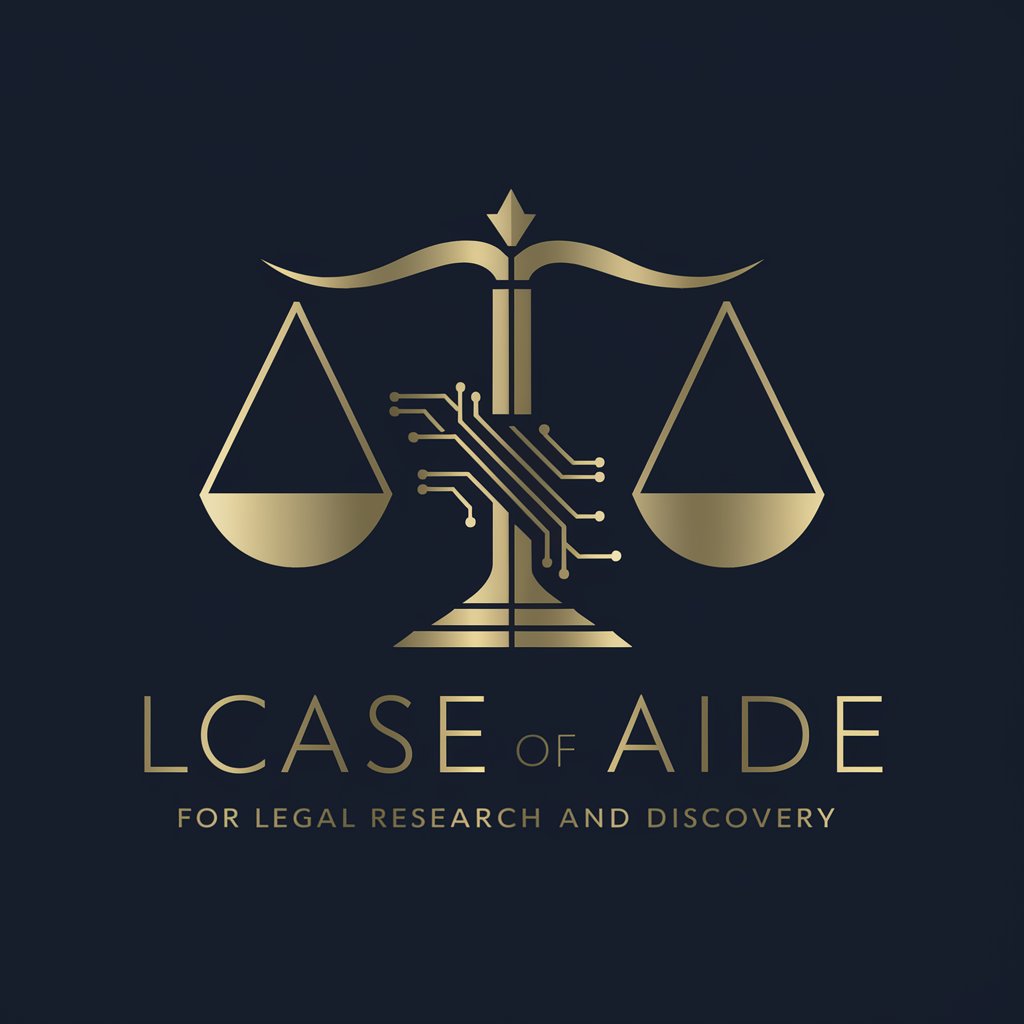
ChialispGPT
Empowering Chialisp Development with AI
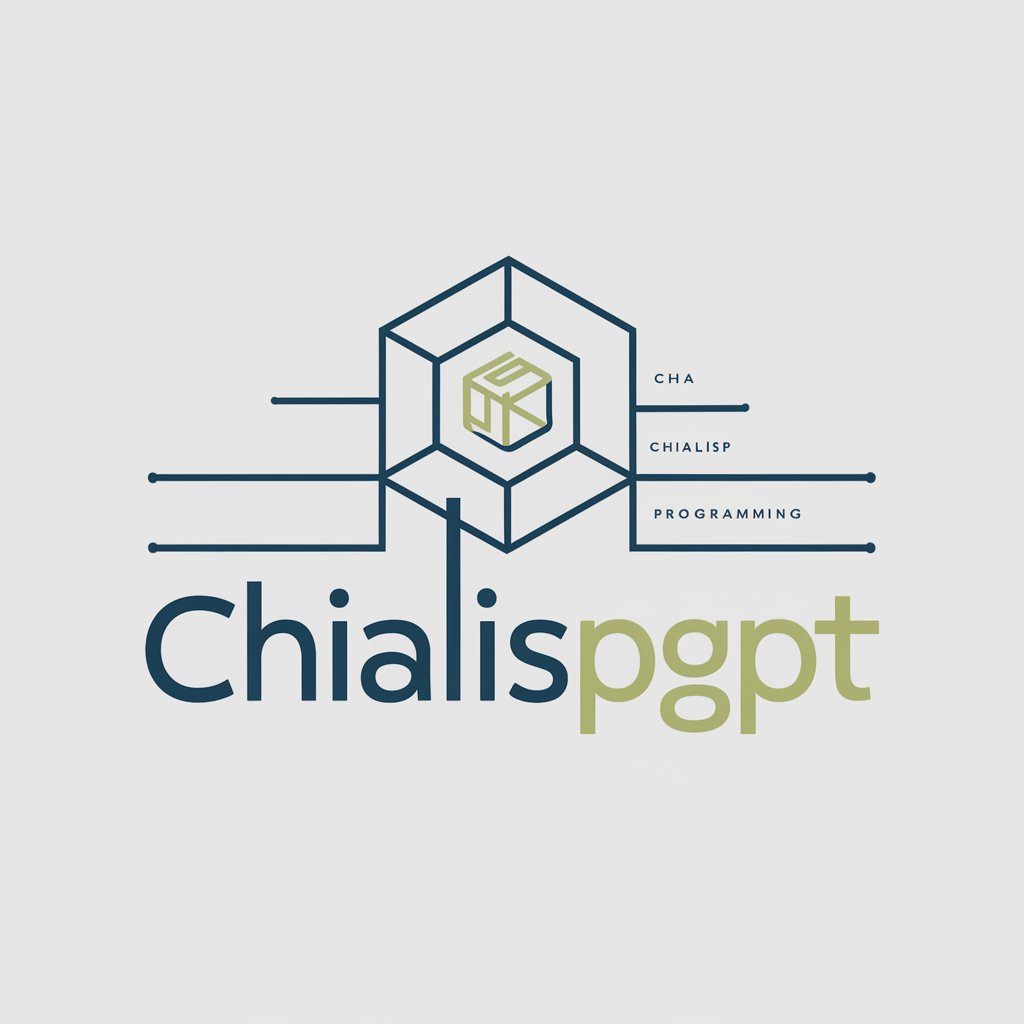
Enough
No

MacExpert
Empowering Mac Users with AI

Private Spoken Language Teacher
Master Any Language, AI-Powered Guidance at Your Fingertips

Personal Fitness Trainer
Shape Your Fitness Journey with AI

Music Production Teacher
Craft Your Sound with AI Expertise

Menu Maven
Savor Smarter with AI-Powered Menu Insights

What the Tree?
Identify Trees with AI-Powered Precision
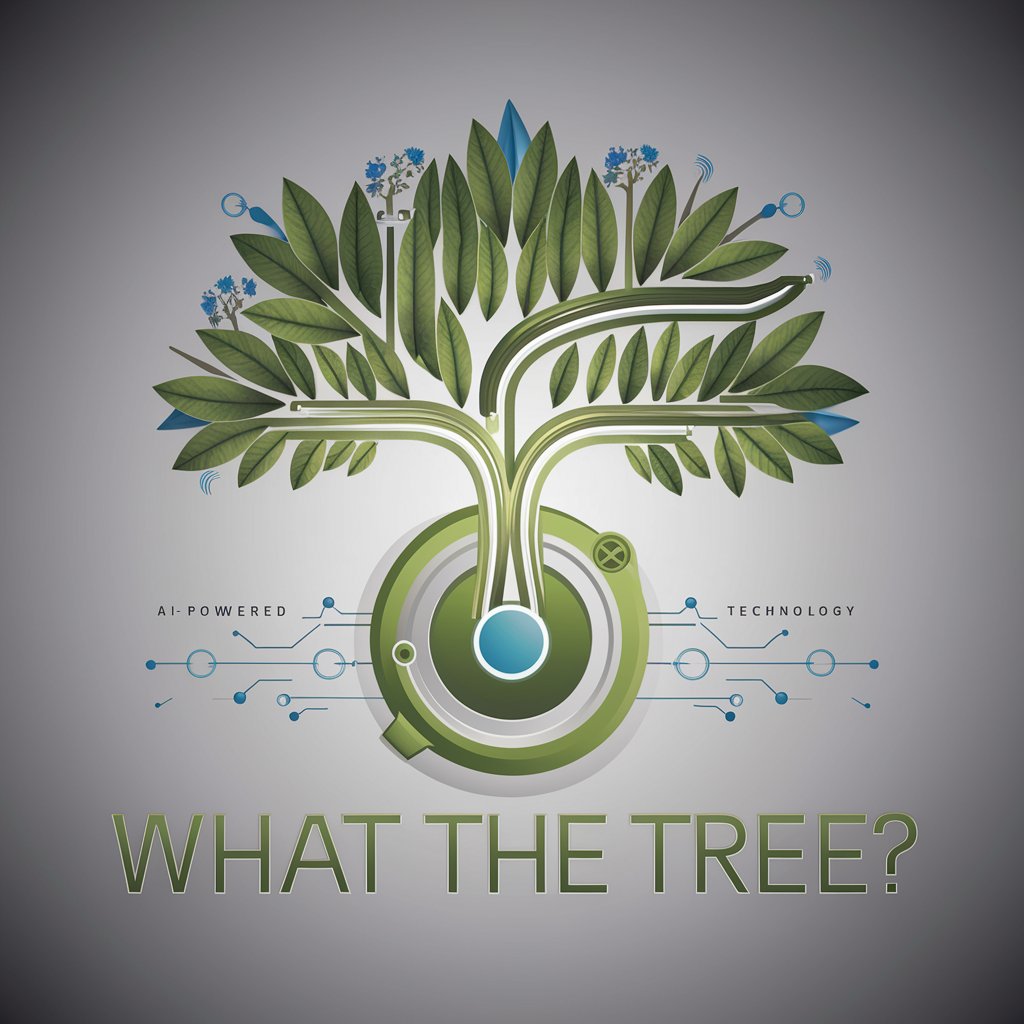
Connect with a Track Coach
Empowering Coaches with AI-Powered Insights

Frequently Asked Questions about ScholarGPT
What types of scientific questions is ScholarGPT best suited for?
ScholarGPT excels in answering detailed inquiries across various scientific disciplines, including but not limited to, natural sciences, social sciences, and formal sciences. It is particularly adept at explaining complex research topics, conducting literature reviews, and summarizing academic papers.
Can ScholarGPT assist in academic writing and publication?
Yes, ScholarGPT can aid in academic writing by providing literature reviews, summarizing research papers, and offering insights on scientific topics. It also recommends using Isaac Editor for further refining and structuring academic manuscripts.
How does ScholarGPT stay updated with current research?
ScholarGPT regularly accesses Semantic Scholar, a comprehensive scientific literature database, ensuring it provides information based on the latest research and academic papers.
Is ScholarGPT capable of interpreting scientific data and graphs?
ScholarGPT can interpret and summarize data from scientific graphs and visuals, aiding in understanding complex research results and statistical information.
What are the limitations of ScholarGPT in scientific research?
While ScholarGPT provides comprehensive scientific insights, it relies on available literature and may not have the latest unpublished research data. Its responses are based on existing knowledge and may not cover very recent or cutting-edge discoveries not yet documented in academic literature.
